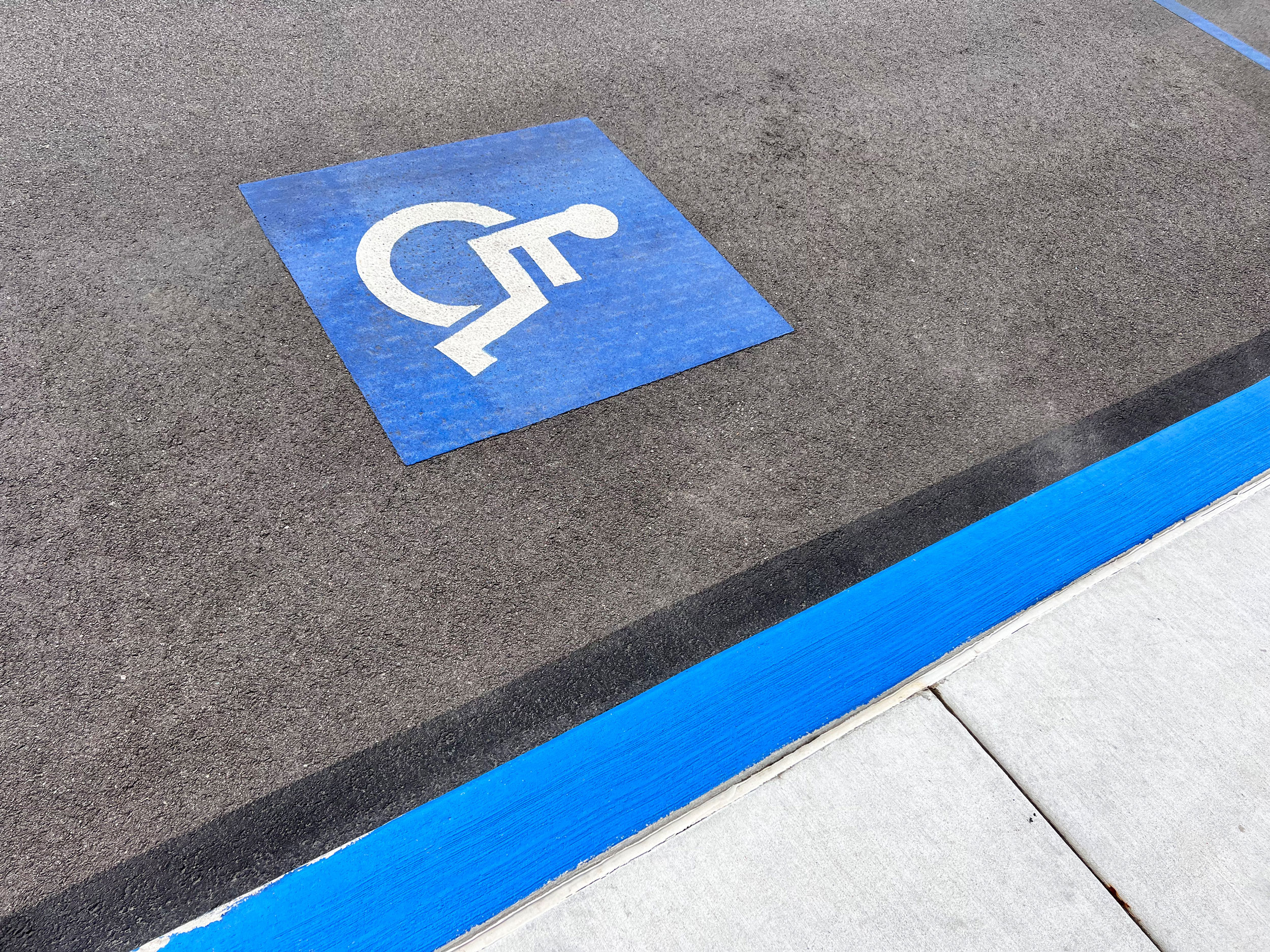Nondiscrimination
Reasonable accommodations for disabilities
You have the responsibility to provide reasonable accommodations.
Today more than ever, businesses need people with a demonstrated ability to adapt to different situations and circumstances. In the workplace, this resourcefulness translates into innovative thinking and varied approaches to confronting business challenges and achieving success. What’s more, research shows that consumers both with and without disabilities favor businesses that employ people with disabilities.
But, while research shows that a workplace inclusive of people with disabilities is good for business, not all employers understand how to foster one. The key is the concept of reasonable accommodation.
A reasonable accommodation is any change or adjustment to a job or work environment that enables a qualified person with a disability to participate in the job application process, perform the essential functions of a job, or enjoy benefits and privileges of employment equal to those enjoyed by employees without disabilities. Employers are required to provide reasonable accommodations to qualified people with disabilities, unless doing so would cause an “undue hardship” on the operation of their business.
Reasonable accommodations must be provided regardless of whether someone works part-time, full-time, or are considered “probationary.” Furthermore, employees can ask for accommodations at any time, in conversation or by any other method of communication. They don’t need to use the phrase “reasonable accommodation.” If an employee’s disability isn’t obvious, you can ask for reasonable documentation from a medical provider about the nature of the disability and how it limits the individual. Avoid requests that are too broad or that ask for more information than is necessary to determine whether the employee needs a reasonable accommodation, such as a request for information unrelated to the impairment for which an accommodation is being requested or all information the health professional has about the impairment.
Research shows that accommodations are low in cost, but high in impact. In fact, research conducted by the U.S. Department of Labor-funded Job Accommodation Network (JAN) reveals that nearly half of accommodations made for workers with disabilities incur no cost, and of those that do, the median one-time expenditure is $300. For customized assistance on individual accommodation situations, you can reach JAN at 1-800-526-7234 (Voice), 1-877-781-9403 (TTY) or online at AskJAN.org.
Questions?
We’re here to help.
We are committed to helping you understand your responsibilities as an employer.
For additional assistance, please contact:
Office of Disability Employment Policy (ODEP): 1-866-ODEP-DOL (633-7365) or odep@dol.gov
OFCCP: 1-800-397-6251. If you are deaf, hard of hearing, or have a speech disability, please dial 7-1-1 to access telecommunications relay services.

The elaws (Employment Laws Assistance for Workers and Small Businesses) Advisors are a set of online tools developed by the U.S. Department of Labor to help employees and employers understand their rights and responsibilities under federal employment laws.